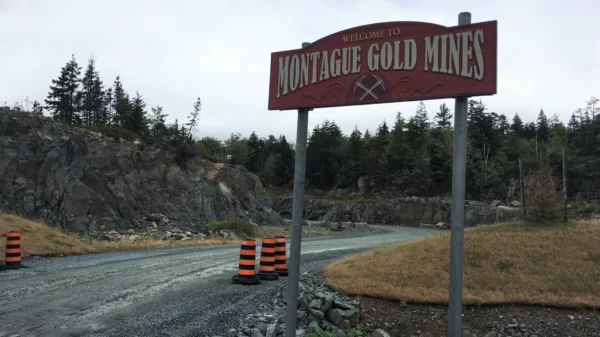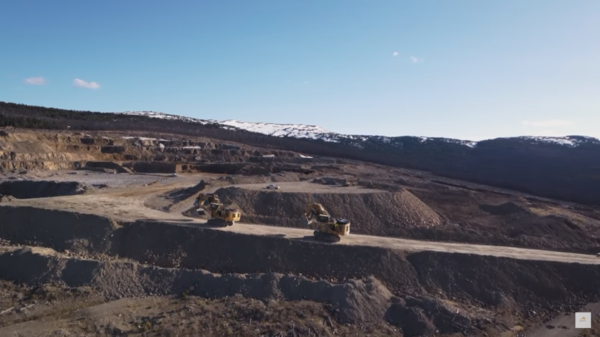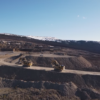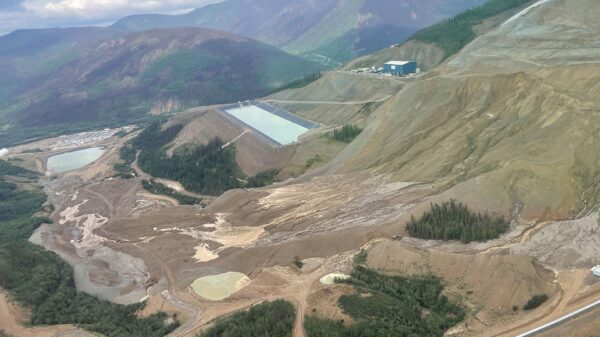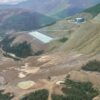Enbridge (TSX:ENB) (NYSE:ENB) has agreed to share 11.57 per cent of non operating interest in Enbridge operated pipelines with 23 First Nation and Metis communities in the Athabasca region of Northern Alberta for CAD$1.12 billion.
This investment will be monitored by a newly created entity called Athabasca Indigenous Investments (Aii). It represents the largest energy-related Indigenous economic partnership transaction in North America so far.
“We believe this partnership exemplifies how Enbridge and Indigenous communities can work together, not only in stewarding the environment, but also in owning and operating critical energy infrastructure. We are looking forward to working with the Aii and deepening our relationship well into the future. This also fully aligns with our priority to recycle capital at attractive valuations, which can be used to fund numerous growth opportunities within our conventional and low carbon platforms,” said Al Monaco, president and chief executive officer of Enbridge.
The investment by Aii works with commitments Enbridge put together in its Indigenous Reconciliation Action Plan (IRAP). The IRAP involves developing patterns of engagement with Indigenous communities and employees. The IRAP involves indigenous people in terms of advisory roles about site options, as well as environmental and cultural monitoring. It also includes options for employment, training and procurement and financial partnerships like the proposed Wabamun Carbon Hub.
Read more: Greenlane Renewables sends funds for renewable-natural-gas initiative
Read more: Quebec joins the fast rising green hydrogen game
The pipelines win eventually
Enbridge is a company working in natural gas and oil. The company has been at the heart of a series of protests since 2012 involving First Nations communities. The issue at the heart of these protests has been pipelines, and specifically without representation or permission. This deal represents a significant break in that narrative.
“This is a truly historic day for our communities in the Athabasca region. In addition to an opportunity to generate wealth for our people, this investment supports economic sovereignty for our communities. We look forward to working with a leading energy company like Enbridge, which shares Indigenous values of water, land and environmental stewardship,” said Chief Greg Desjarlais of Frog Lake First Nation.
Involved pipelines include the Athabasca, Wood Buffalo/Athabasca Twin; Norlite Diluent; Waupisoo; Wood Buffalo; Woodland; and the Woodland extension. These assets are considered to be long life resources and long term contracts, which will provide predictable cash flows.
“On behalf of the Indigenous partners, we are proud to become equity owners in these high quality assets which contribute to North American energy supply and security. Our partner logo theme – Seven Pipelines, Seven Generations – speaks to the long-term value potential of these assets, which will help enhance quality of life in our communities for many years to come,” said Justin Bourque, president of Athabasca Indigenous Investments.







